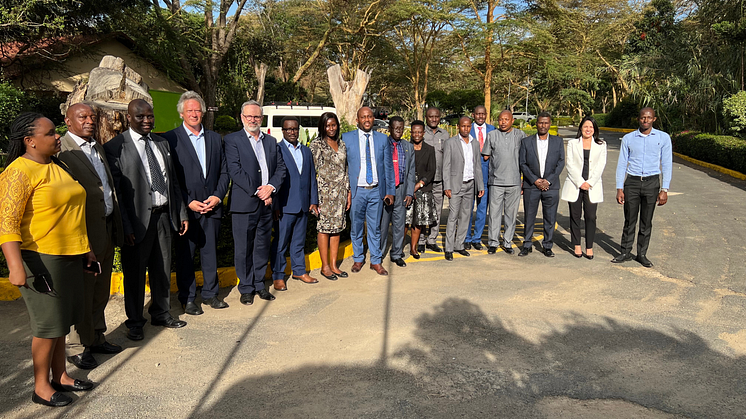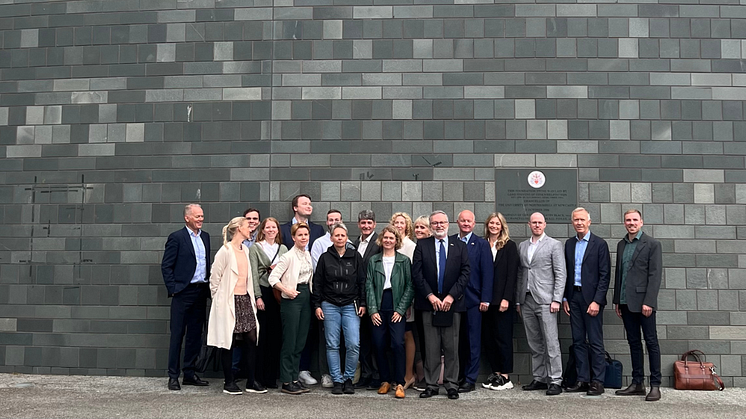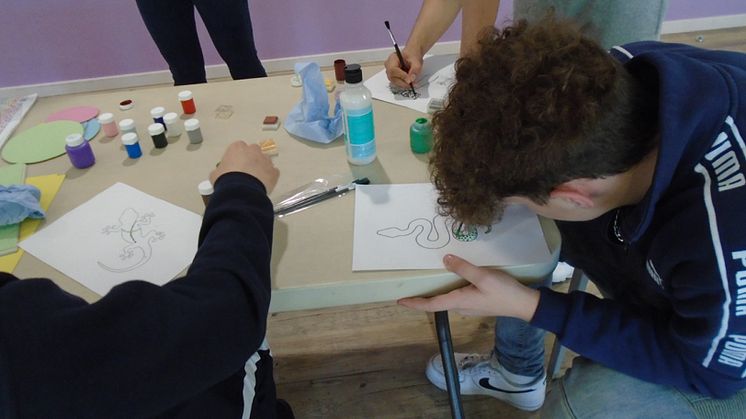
Press release -
Putting an end to coercive practices in the criminal justice system – promoting humane interviewing and interrogation techniques
Under international law torture is always illegal, however, it is still regularly used during police and law enforcement interviews in some parts of the world to extract information, confessions or as a punishment.
A Northumbria University academic is working to eradicate the use of torture during police interviews by travelling around the world teaching humane, non-coercive techniques.
Professor of Police Science Gavin Oxburgh is working with the global criminal justice watchdog Fair Trials to carry out training with police forces in East Africa and Central America to tackle this issue.
Over the last four years Professor Oxburgh has been part of an international steering committee, made up of experts in the fields of interviewing, law enforcement, criminal investigations, national security, military, intelligence, psychology, criminology, and human rights.
Led by former United Nations Special Rapporteur on Torture, Professor Juan Mendez, the group have been exploring the immorality and ineffectiveness of torture. Together they compiled ‘the Mendez principles’ – a set of recommendations outlining international best practices.
The training carried out by Professor Oxburgh and his colleagues is based on these principles. He recently returned from Kenya where, along with Fair Trials, he worked with the African Policing Civilian Oversight Forum and the East African Police Chiefs Cooperation Committee to deliver training to police officers in the country.
Speaking about the training, Professor Oxburgh said: “Countries around the world are now recognising that torture and coercive interview techniques are unacceptable and are choosing to adopt The Mendez Principles.
“Part of my role is to help police chiefs and other decision makers realise that there are more effective ways to extract information from individuals during interviews.
“The training I am carrying out with Fair Trials demonstrates what a non-coercive interview could and should look like. It’s not just about best practice based on scientific research, but it is also about culture change, which will take time in many cases.
“Our aim now is to secure funding to allow for future training to take place and to continue to develop the great work we’ve started in Kenya and other countries.”
This weekend Professor Oxburgh will travel to Dallas where he will speak about his research at the International Association of Chiefs of Police (IACP) Annual Conference and Exposition where over 15,000 police and law enforcement officers plus academic researchers will be in attendance.
And in November, he will travel to Mexico where he will be working with public defenders to promote the use of non-coercive interviewing as a tool to help prevent ill-treatment and torture in police settings.
Professor Gavin Oxburgh is a member of Northumbria University’s Department of Social Sciences, the Centre for Crime and Policing, and is an Assistant Director of The Northern Hub for Veterans and Military Families’ Research.
Topics
Categories
Northumbria is a research-intensive modern university with a global reputation for academic excellence. Find out more about us at www.northumbria.ac.uk --- Please contact our Media and Communications team at media.communications@northumbria.ac.uk with any media enquiries or interview requests ---










